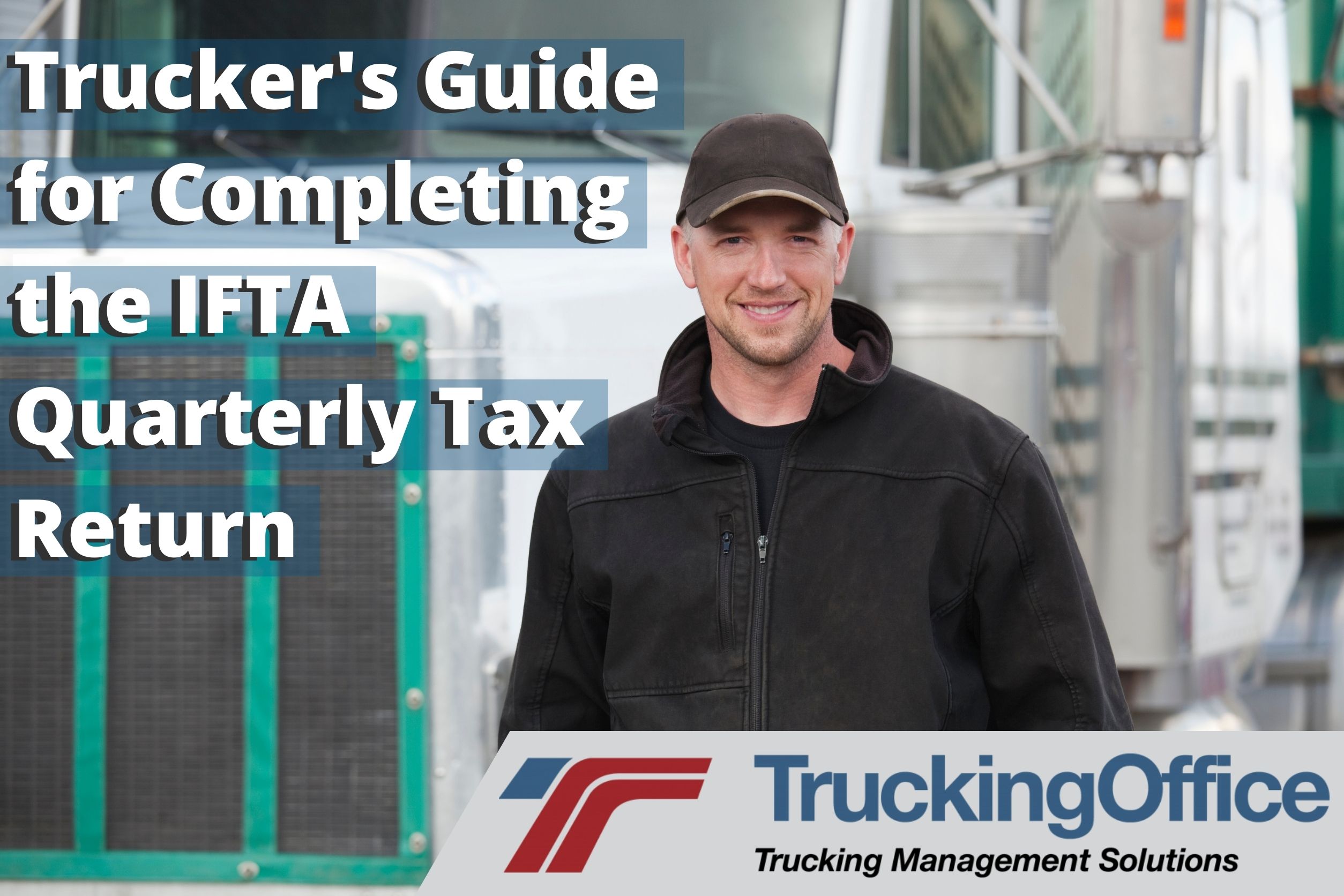For most new truckers, IFTA reporting can be confusing. The purpose of the International Fuel Tax Agreement is to provide a uniform and simpler method for filing and collecting fuel use taxes. Yet, the rules and regulations are confusing, leaving many truckers to wonder if they’ll ever understand it. So, for those who are apprehensive about filing IFTA quarterly tax returns, this guide is for you.
FAQ About IFTA Quarterly Reports
The best way to understand IFTA reporting is to get answers to your questions. So, let’s start there. These are the most common questions that trucking business owners ask about IFTA filing:
Q: Do I have to pay IFTA taxes?
A: Anyone operating a qualified commercial motor vehicle in IFTA jurisdictions must register with the IFTA. The jurisdictions include 48 US states and 10 Canadian provinces.
Q: What is a qualified motor vehicle?
A: A qualified motor vehicle should be in the best conditions for transporting property. The vehicle must meet these guidelines:
- must have a gross vehicle weight over 26,000 pounds, or
- have 3 axles regardless of weight, or
- be used in combination when the combined weight exceeds 26,000 pounds.
Q: What info do I report to the IFTA?
A: You must report total miles, taxable miles, fuel purchased, and tax rates for each jurisdiction traveled.
Q: How do I calculate IFTA fuel tax?
A: Mileage reported to IFTA must coincide with the vehicle’s odometer for the specified period. Report total gallons of fuel purchased in each jurisdiction. Show the date, type of fuel, gallons, price per gallon, location, and driver’s name. Calculate taxes owed to each jurisdiction, and show the total amount of tax owed. It can be a tedious process. Many trucking companies now use GPS, ELDs, and TMS to ensure accurate mileage and IFTA fuel tax calculations.
Q: Are there fines or penalties for late filing?
A: The penalty for late filing is $50 or 10% of the total amount owed, whichever is greater. Interest is charged at .4167% per month for each month you are late. Unpaid IFTA taxes can result in revocation of your license and extra fines and interest until you pay the taxes. Quarterly due dates are:
- 1st quarter – January thru March – Due by April 30.
- 2nd quarter – April thru June – Due by July 31.
- 3rd quarter – August thru September – Due by October 31.
- 4th quarter – October thru December – Due by January 31.
Each state has its own fuel tax rates which are published shortly before the current quarter. These rates can change each quarter. If you are paying late, don’t forget to include the late payment fee. You can get the rates from your base jurisdiction.
Q: How do I benefit from registering with IFTA?
A: One significant benefit is that you no longer have to register with each state on your route. Under IFTA, you only have to register with the state where your company is registered. The permits allow you to travel across more than one jurisdiction but you only need to report to your home jurisdiction. Overall, the benefits include time saved, fewer chances for fines or penalties, and reduced administrative costs.
Simplify IFTA Reporting with TruckingOffice TMS
IFTA reporting doesn’t have to be stressful. Let TruckingOffice do the math and ensure that your reports are accurate and on time. Want to know how we do it? You can find out today. Try our TMS for free to learn how much easier your job can be. Take as long as you need to explore the many features of our system. You’ll find that we know what truckers need for running an organized, profitable business.







Please include VA in IFTA reporting for generating a report
Please click here to create a post for trucking software feature suggestions.